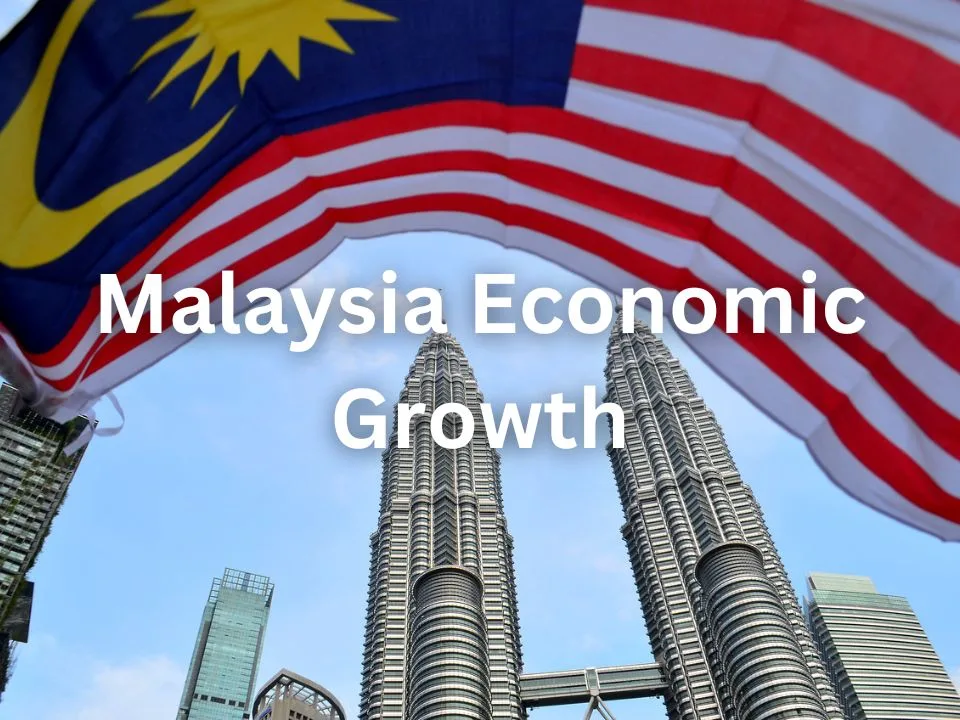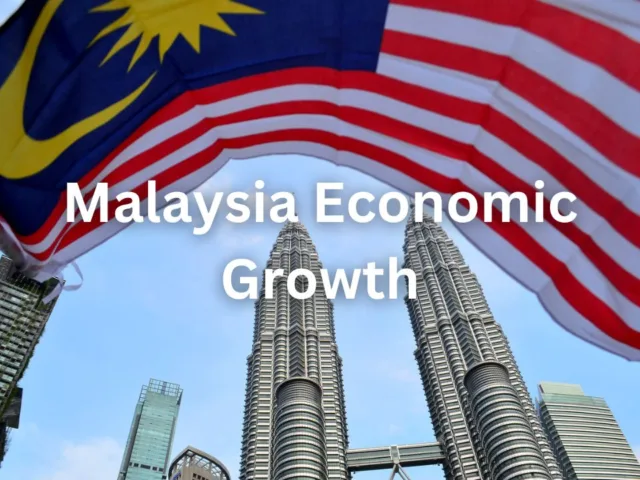
The World Bank’s Malaysia Economic Monitor Report: Raising the Tide, Lifting All Boats, launched in October 2023, paints an optimistic picture of Malaysia’s economic growth, with an expected expansion of 4.3% in 2024.
Central to this growth is the burgeoning digital economy, which is anticipated to contribute significantly to Malaysia’s gross domestic product (GDP), with projections indicating a rise from 22.6% to 25.5% by 2025.
According to Dr Kelvin Lee Yong Ming, a senior lecturer and programme director (Banking & Finance programme and Finance & Economics programme) at the School of Accounting and Finance at Taylor’s Business School, Faculty of Business and Law, Taylor’s University, here is what he found:
Fintech’s Role In Shaping Malaysia’s Digital Landscape

Image via Hinrich Foundation
Fintech, a crucial component of the digital economy, plays a pivotal role in advancing Malaysia’s technological infrastructure. According to the Fintech Malaysia Report 2023, the number of fintech companies in Malaysia surged from 291 to 313 in 2023, showcasing the nation’s remarkable progress in this sector compared to its counterparts. Notably, fintech facilitates financial inclusion, fostering a more equitable economic recovery.
Fintech Adoption Across Diverse Regions
The widespread adoption of fintech solutions, such as e-wallets, underscores Malaysia’s commitment to digital transformation. Even in remote areas like Engkilili in Sarawak, local businesses have embraced digital payment methods alongside traditional cash transactions, highlighting the accessibility and adaptability of fintech services nationwide.
Driving Factors Behind Fintech Adoption
Internet connectivity serves as a catalyst for fintech adoption, with Malaysia boasting the second-highest internet penetration rate in Southeast Asia. With approximately 94% of the population connected to the internet and 89% accessing mobile internet through smartphones, businesses can streamline transactions, reduce operational costs, and reach a broader customer base, thereby stimulating economic activity.
Innovative Solutions For Tourism Industry
Merchants in Malaysia are leveraging innovative fintech solutions to cater to Chinese tourists, a significant contributor to the country’s tourism sector. By accepting QR payments via platforms like Alipay, merchants offer travelers a seamless payment experience, enhancing Malaysia’s reputation as a tech-savvy destination and bolstering its economy.
The Rise Of Digital Banks
Bank Negara Malaysia’s announcement of successful applicants for digital banking licenses marks a significant milestone in modernizing traditional financial processes. These digital banks not only streamline banking services but also cater to unbanked and underserved communities, promoting financial inclusion and empowering individuals.
While the advent of digital banks presents opportunities for financial inclusion, users must exercise caution, especially concerning lending capabilities. Government-led initiatives to promote digital financial literacy are crucial in mitigating risks such as debt traps and ensuring responsible fintech usage among the populace.
Malaysia’s Path To Economic Resilience

Image via Khaleej Times
As Malaysia forges ahead with its economic recovery, fintech remains a cornerstone of its growth strategy. By fostering a fintech-friendly ecosystem through policy initiatives and regulatory frameworks, Malaysia aims to position itself as a regional fintech hub, stimulating job creation and driving sustained economic growth.
With a commitment to innovation, collaboration, and financial inclusion, Malaysia is poised to emerge as a dynamic player in the global economic arena. As the fintech revolution gains momentum, Malaysia stands ready to harness technology’s transformative power for continued prosperity and competitiveness.










